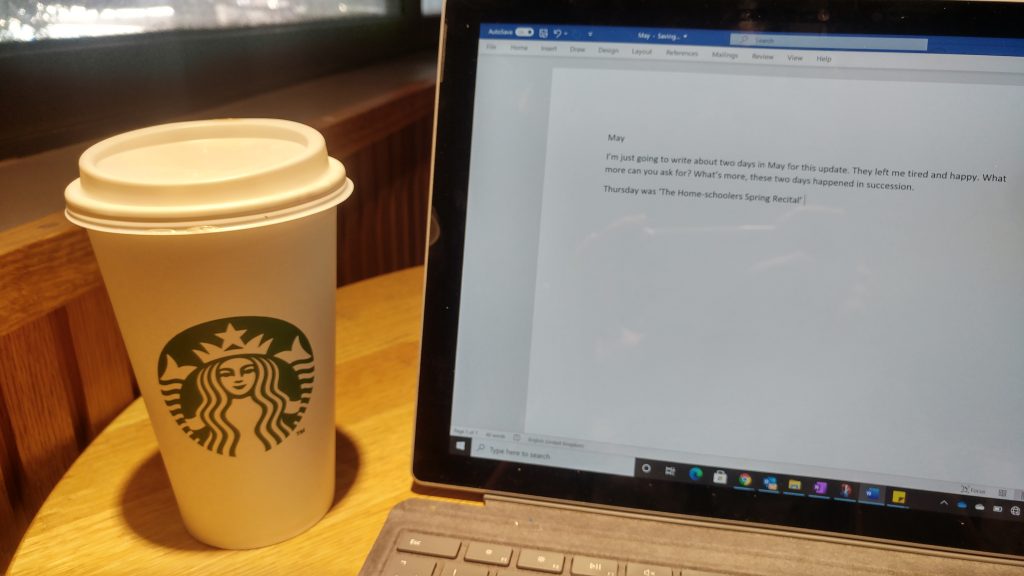Funnily enough, I learn a lot about the English language while sitting in an Arabic lesson. Our language teacher often confronts us with the question ‘do you say that in English’ and it is weird how hard it is to decide in the moment whether you would say things in that way in English. Explaining why you do, or don’t do something makes you think about it more. Here are just three of the things I’ve realised about English recently.
Firstly, in a recent Arabic class my brother pointed out something about language that I hadn’t fully thought about before. We were dealing with comparatives, and were supposed to be describing which of several people were richer or poorer. All the men were billionaires.
This was the issue I saw: can we really use the word ‘poorer’ to describe someone who is not even slightly poor? The answer: no. You don’t really say Elon Musk is poorer than Jeff Baydos, because the comparative implies meaning. Although it is technically correct to say that someone with 8 million pounds is poorer than someone with 10 million, we don’t say that because it implies poverty.
Another language thing I’ve noticed while sitting in an Arabic lesson is this: using double negatives implies a novel reason for not doing the thing. For example, if I say to my brother ‘Don’t not visit Grandma today.’ The implication is that my brother has a novel reason to not visit our grandma that needs to be quelled.
Finally, just yesterday we had a long conversation about the Arabic ‘mestanee’ (please excuse my bad transliteration) versus the English ‘waiting.’ We discovered that in English, ‘waiting’ carries the meaning of ‘to put off.’ You can say ‘I’m waiting to go to Alexandria.’ You can’t do that in Arabic, you have to be ‘mestanee’ for a reason, like ‘mestanee’ for the new phone you ordered, so that you can then travel. Interesting, huh?
These little subtleties in language wouldn’t occur to me if I wasn’t learning a new language. It is fascinating to consider the depths of meaning and intention behind our words, that we don’t particularly think about in our day-to-day use of them.

